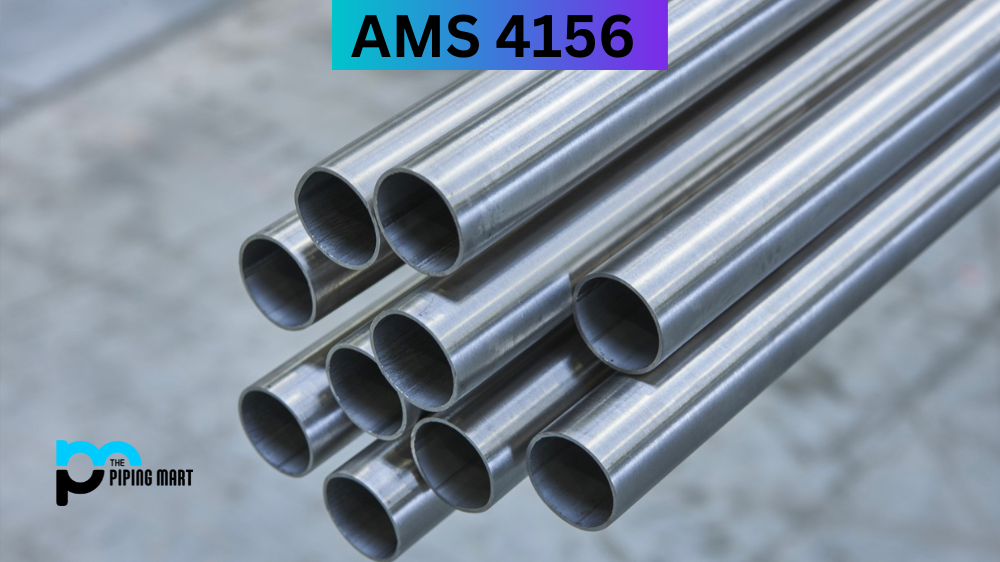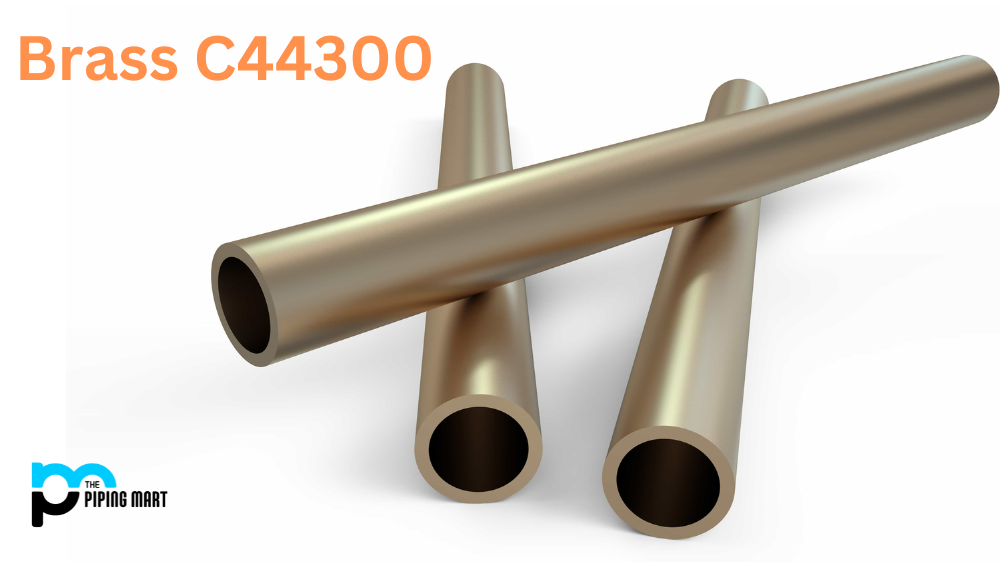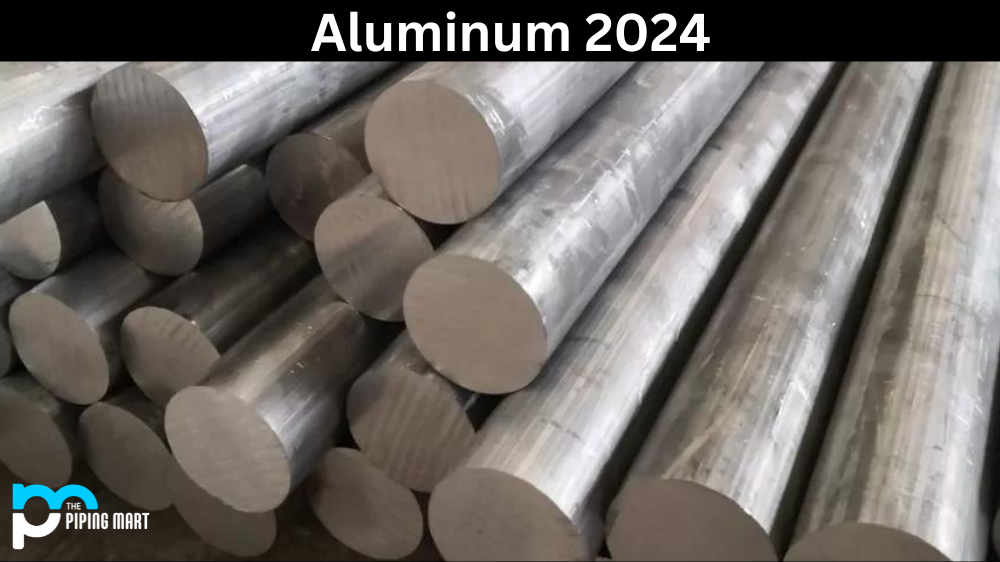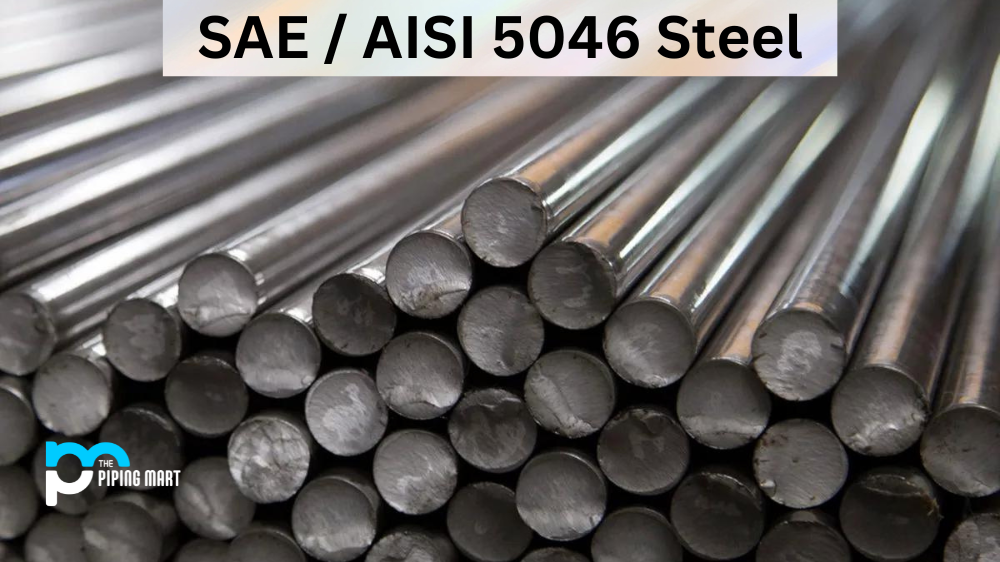When selecting the right material for an engineering application, it is essential to factor in physical and mechanical properties, heat treatment capabilities, and hardness. AMS4156, an aluminium alloy form, is crucial in modern engineering applications. This post will delve into AMS 4156’s composition, physical and mechanical properties, hardness levels, and multiple applications.
What is AMS 4156?
AMS 4156 (also known as 6063 Aluminum Alloy) is a specification for aerospace sealants used in the aircraft industry. This specification outlines the requirements for two-part polysulfide compounds used in sealing joints, seams, and other areas exposed to fuel, oil, and hydraulic fluid. The sealant must adhere well to aluminium, stainless steel, titanium, and other metals commonly used in aircraft construction and resist weather, UV light, and corrosion. The AMS 4156 specification ensures that these sealants meet the rigorous standards required for aviation safety, making them a critical component in aircraft design and maintenance.
What Form Is AMS 4156 Available at Piping Mart?
- Pipes
- Tubing
- Sheet Plates
- Pipe Fittings
- Forged Fittings
AMS 4156 Composition
AMS 4156 is a type of aluminium alloy that contains several essential elements. The aluminium alloy comprises magnesium, manganese, chromium, titanium, and zinc. These components lend the material unique properties like strength, malleability, and corrosion resistance. The composition of the aluminium alloy can vary depending on the required specifications by the end-users.
AMS 4156 Physical Properties
The physical properties of AMS 4156 play a crucial role in its performance in different engineering applications. The aluminium alloy has a density of around 0.102lb/in3, making it lightweight and ideal for aerospace applications. Moreover, AMS 4156 has a solid melting point of 774°F, providing exceptional thermal resistance.
| Property | Value |
|---|---|
| Density | 2700 kg/m3 |
| Melting Point | 600°C |
| Modulus of Elasticity | 69.5 GPa |
| Electrical Resistivity | 0.35 x 10-6 Ω.m |
| Thermal Conductivity | 200 W/m.K |
| Thermal Expansion | 23.5 x 10-6/K |
AMS 4156 Mechanical Properties
Regarding mechanical properties, AMS 4156 has excellent tensile and yield strength, making it suitable for high-stress applications. The aluminium alloy can handle up to 75,000 psi of tensile stress and up to 30,000 psi of yield stress, depending on its heat treatment. Additionally, AMS 4156 has a low coefficient of thermal expansion and good fatigue resistance, making it ideal for harsh conditions.
AMS 4156 Uses
AMS 4156 has several applications in various industries thanks to its unique properties. One common use of this aluminium alloy is in aerospace applications, where it is used to manufacture aircraft parts, such as engine mounts, wing spars, and control surfaces. AMS 4156 is also widely used in the military, particularly in constructing high-performance vehicles like tanks and armoured personnel carriers.
AMS 4156 Hardness
The hardness of AMS 4156 can depend on several factors, including heat treatment and the alloy’s age. Generally, the aluminium alloy has a hardness level equivalent to mild steel. AMS 4156 has a Brinell hardness range of around 80 to 150 HBS, depending on its heat treatment.
AMS 4156 Heat Treatment
AMS 4156 lends itself well to heat treatment processes, which can alter its properties to better fit certain engineering applications. The most common heat treatment process used for AMS 4156 is the T6 process, which involves annealing the alloy and then ageing it to harden it. Heat treatment can also enhance the aluminium alloy’s corrosion, flexibility, and fatigue resistance.
Conclusion
In conclusion, AMS 4156 is a versatile aluminium alloy with unique properties that make it ideal for various engineering applications. Its composition, physical and mechanical properties, hardness levels, and heat treatment capabilities make it suitable for aerospace and military applications. If you’re considering using AMS 4156 for your engineering project, working with a reputable supplier that can provide quality materials tailored to your specific requirements is essential.

Pipingmart is a B2B portal that specializes in metal, industrial and piping items. Additionally, we share the latest information and information about materials, products and various types of grades to assist businesses that are involved in this business.




